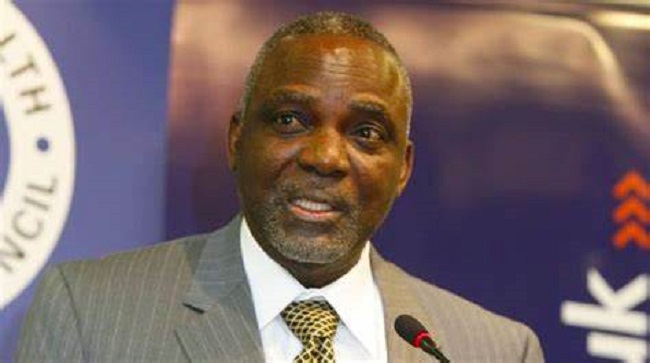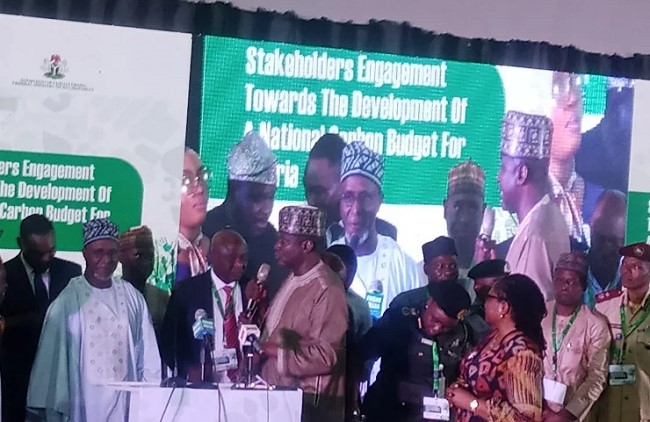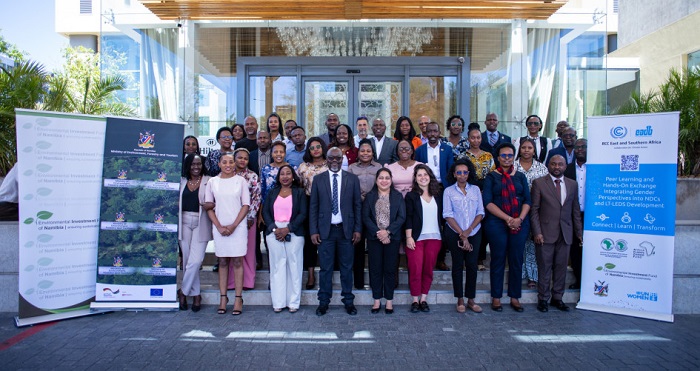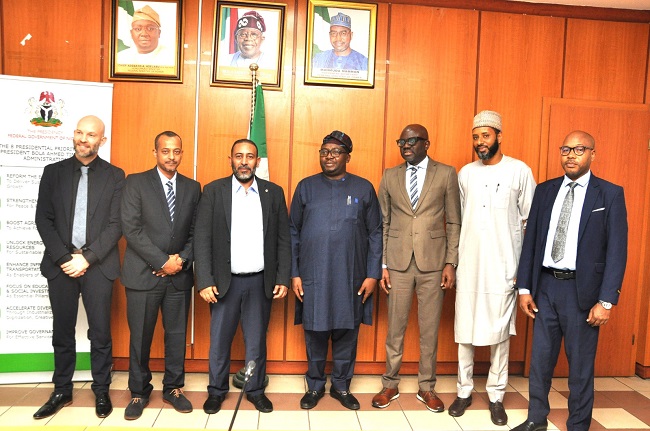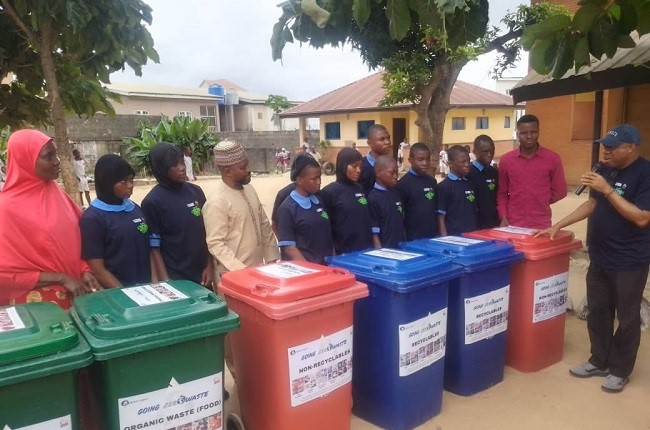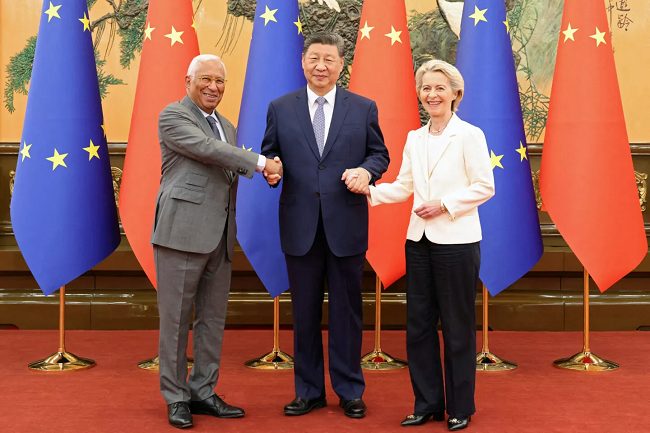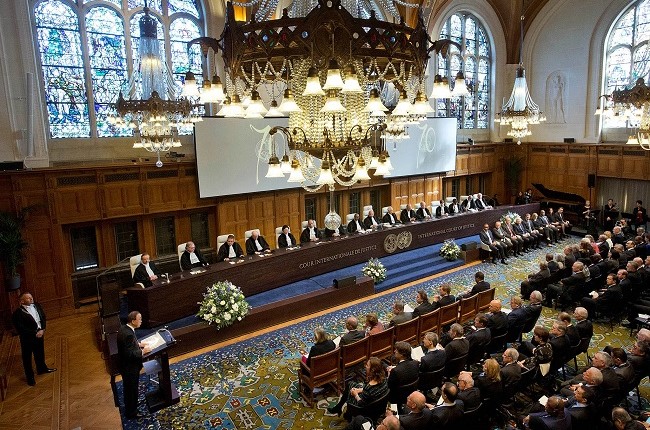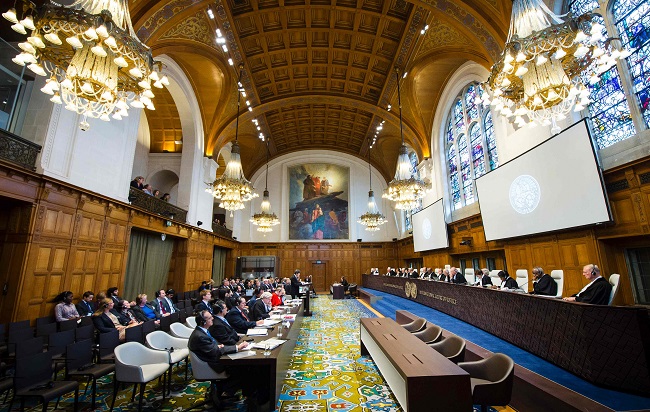The UN’s main judicial organ, the International Court of Justice (ICJ), resolves state disputes and issues legal advice. The ICJ has recently prioritised climate change, generating concerns regarding governments’ legal responsibility to minimise its impacts. African young, who are most sensitive to climate change and may alter their communities and beyond, are affected by this changing legal landscape.
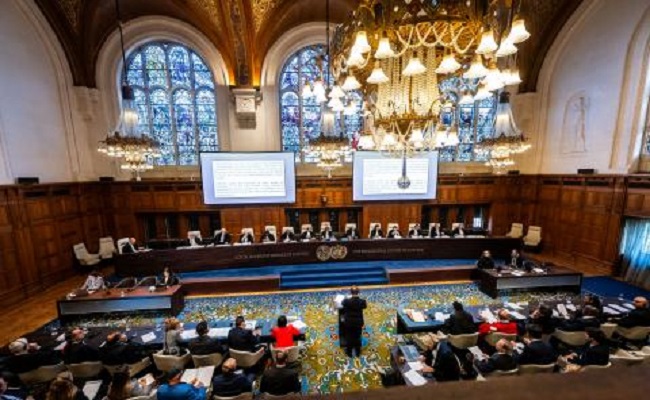
One of the ICJ’s major climate change initiatives is advising small island governments on the legal effects of climate change under international law. This investigation may clarify states’ climate mitigation and adaptation duties. The ICJ’s findings might make African countries liable for climate action, as they are disproportionately affected by climate calamities.
The ICJ’s focus on state commitments allows African youth to fight for improved climate policy. Young people throughout the continent are already facing climate change-related droughts, floods, and food poverty. African youth may demand that their governments solve these issues by interacting with the ICJ’s interpretations of international law, supporting a sustainable future.
The ICJ’s findings may further bolster the idea that nations must safeguard citizens’ rights and well-being from climate change. This legal framework might enable African youth to hold their governments accountable for climate failure and encourage them to switch to renewable energy and sustainable agriculture. Advocacy may transform national policies and behaviours.
The ICJ’s focus on state duties may also boost climate change cooperation. Given the global character of this issue, the ICJ’s interpretations may inspire African governments to engage on regional climate efforts. Youth from various nations may develop coalitions to promote shared renewable energy and water management practices, promoting regional unity.
Legal ramifications from ICJ verdicts might improve financing for African climate adaptation and mitigation programs. Countries that meet their climate obligations may attract international financial help. This allows African adolescents to participate in sustainable development and climate resilience projects.
The ICJ’s climate duties may also spur continental educational changes. Governments may include climate education in school curricula as they recognise its relevance. Young people would learn how to advocate for climate change and solve local environmental issues with this transition.
African adolescents also have intriguing legal options from ICJ verdicts. Young campaigners may oppose climate-changing governments and companies using international law. They can explicitly relate climate change to human rights, notably the right to a healthy environment, by suing for environmental destruction.
The ICJ’s framing of climate change as a human rights issue may further increase climate victims’ voices. African youth can support policies that prioritise vulnerable and marginalised groups. Equity and inclusion are essential to climate solutions that address climate-exacerbated imbalances.
ICJ’s involvement in establishing state climate change duties affects African youth. African youth can use legal interpretations to fight for their rights and the environment. They may promote responsibility, collaboration, and sustainable practices in their communities through activism and international legal frameworks, making their communities more climate-resilient.
African youth can guarantee their views are heard in global climate and human rights discussions by leading the climate movement. The ICJ’s interpretations encourage young people to envisage and contribute for a sustainable and equitable future for themselves and future generations.
By Olumide Idowu and Shittu Ismaila

